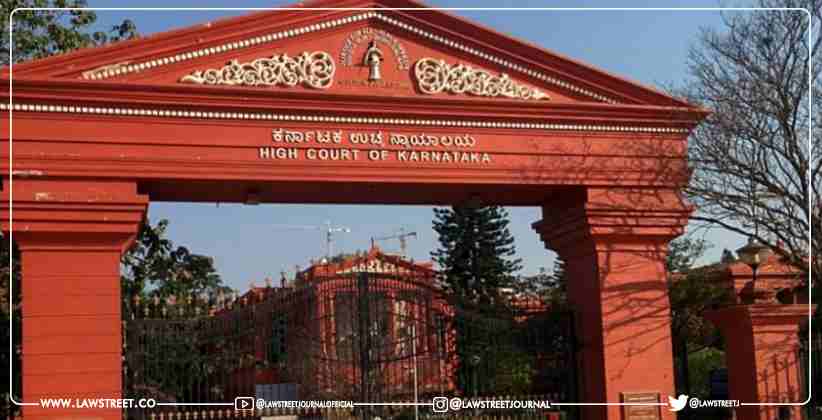The Karnataka High court recently issued guidelines to be followed by trial court judges while examining the accused and recording their statements under section 313 of the CrPC, as noted by Justice Sreenivas Harish Kumar.
Section 313 of the CrPC embodies the fundamental principle of "Audi Alteram Partem."
Brief Facts of the case:
The petitioners are accused No.1 and 2 in a Sessions Case facing trial for the offences punishable Section 302 and 201 r/w Section 34 of the Indian Penal Code 1860 (IPC). They invoked the jurisdiction of the High Court under section 482 Cr.P.C for quashing the statements under section 313 code of Criminal Procedure 1973 (Cr.P.C) recorded by the sessions judge.
Reasoning and decision of the court:
The court went through the questions framed by the Sessions judge and stated that the Sessions judge prepared two sets of questionnaire as there are two accused but the questions were common and they are lengthy. The questions thus framed by the Sessions Judge do not serve the intendment of Section 313 of the Code.
"Section 313 of the Code embodies the fundamental principle of Audi Alteram Partem. Since this is the stage where the accused gets an opportunity to explain inculpatory evidence against him, the questions must be framed in such a manner as he or she understands them. The questions must be simple and specific to the evidence against the accused. A long paragraph of questions couched in complex sentences must be avoided. While questioning the accused, not only the incriminatory oral evidence but also the documents and the material objects indicating adverse evidence should be brought to the notice, " the court said.
The Court issued the following guidelines:
- "Only the incriminatory evidence must be picked out from oral and documentary evidence.
- The questions must be framed in simple language, as far as possible in short sentences.
- The attention of each accused must be drawn to the evidence adverse or against him/her.
- Sometimes, a witness may give evidence as regards the collective overt act of two or more accused and in that event, a single question may be framed, but each accused must be questioned individually, and their answers must be recorded separately.
- It is also possible that two or more witnesses may speak identically regarding the overt act of an accused. In that event, the substance of their evidence may be put in a single question.
- The attention of the accused must be drawn to the marked documents and material objects if they are incriminatory.
- The accused must be questioned regarding various types of mahazars or panchanamas only if they contain incriminatory evidence. Accused need not be questioned in regard to the evidence given by the formal witnesses, for example, an engineer who has drawn the sketch of the scene of occurrence, a police constable submitting the FIR to the Magistrate, a police constable carrying seized articles to FSL, a police officer who has only submitted the charge sheet without conducting the investigation, etc., unless anything incriminatory is found in such evidence.
- If there are two or more accused, it is not necessary to prepare as many sets of questionnaires as the number of accused are. It is enough to prepare a single questionnaire, but the question must be directed towards a particular accused individually or two or more accused collectively. When a question is framed pointing out the collective overt act of two or more accused, the answer of each accused must be recorded separately one after another.
- By virtue of the amendment brought to Cr.P.C, the trial court judges may take the assistance of the Public Prosecutors and the defence counsel for framing the questions.
In case the Public Prosecutor or the defence counsel submits a set of questions, the trial court judges must scrutinize and adopt them with or without modification.
- The court should record the answer or explanation given by the accused and should not insist upon the accused to give an answer in one word, false or true."
case the Public Prosecutor or the defence counsel submits a set of questions, the trial court judges must scrutinize and adopt them with or without modification.
The court should record the answer or explanation given by the accused and should not insist upon the accused to give an answer in one word, false or true."
HELD:
While allowing the petition, the Court set aside the statements of the accused recorded under section 313 Cr.P.C. The trial court was directed to re-examine the accused under section 313 Cr. P.C in view of the guidelines set out above.
Case Name: SMT. MEENAKSHI & ANR. V. STATE OF KARNATAKA
Date of Decision: SEPTEMBER 21, 2021
Bench: HONBLE MR. JUSTICE SREENIVAS HARISH KUMAR







